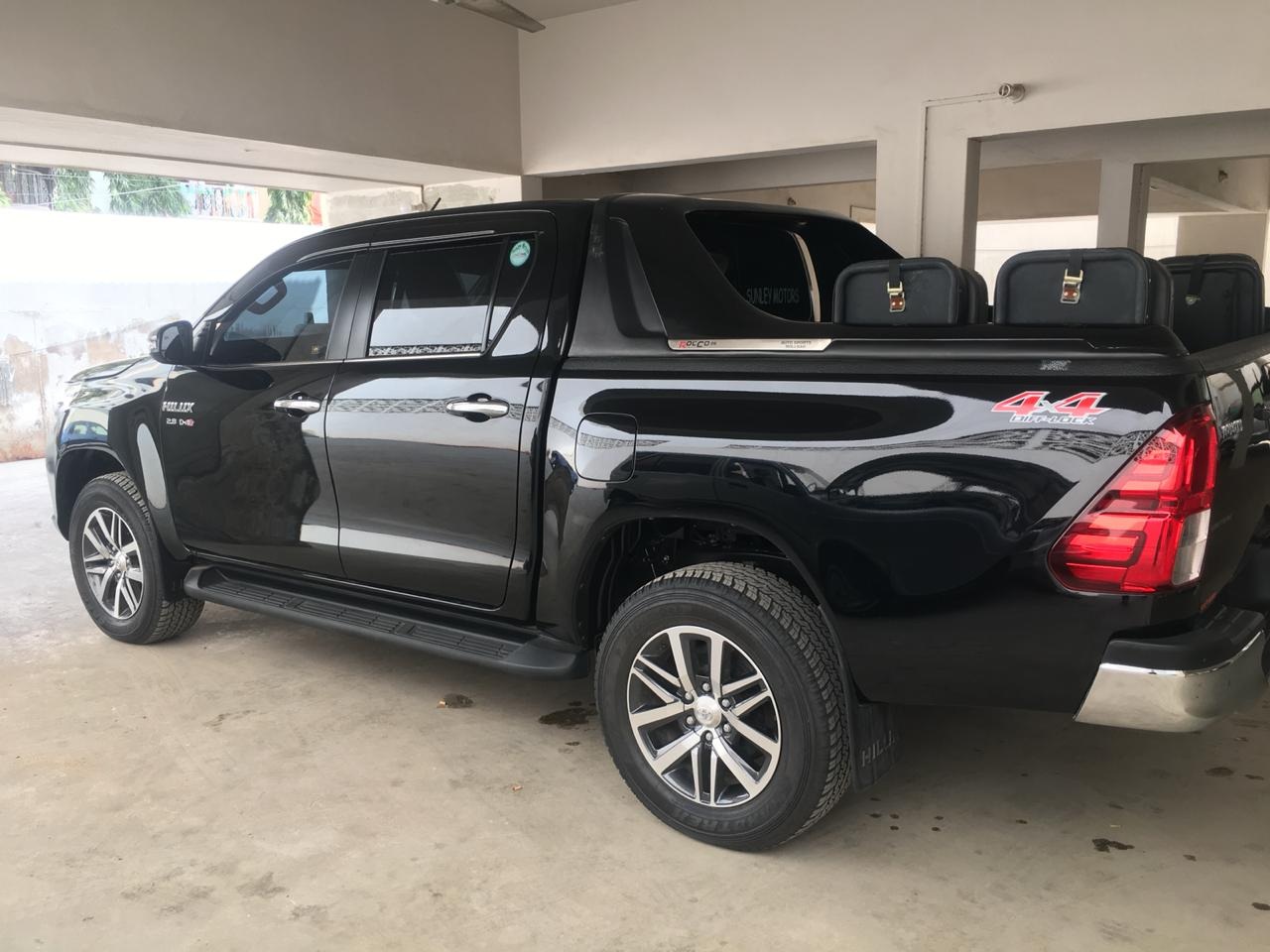“SINDH GOVT SET TO BUY 138 DOUBLE-CABIN VEHICLES FOR ASSISTANT COMMISSIONERS”- A REBUTTAL
The media is questioning the Sindh government's decision to allocate Rs2 billion for purchasing vehicles for Assistant Commissioners (ACs) in the province not only lacks context but also misrepresents the necessity and rationale behind this decision.
Firstly, it is imperative to understand that Assistant Commissioners are the backbone of the provincial administration. Tasked with enforcing government policies and decisions, ACs play a crucial role in maintaining law and order, price control, polio eradication, flood management, inspection of schools and hospitals, land administration, election duties, and various other essential functions. These officers work tirelessly, often around the clock and in remote areas, to ensure the smooth functioning of the government machinery.
The last substantive procurement of vehicles for ACs was made in 2010 and 2012, when Suzuki
Cultus cars were purchased. The average lifespan of a Suzuki Cultus is approximately 7-8
years. Currently, most of these vehicles have far exceeded their useful life, with many having
run nearly 0.8 million kilometers.
The odometers of several vehicles have become dysfunctional due to excessive usage. Some of the officers even have vehicles as old as 2005
model. Consequently, the ACs have been compelled to use their private vehicles for official duties, which is both impractical and unfair. But the worst part is that many of these officers do not even have their personal vehicles and are thus forced to hire private vehicles to do
official duties and attend to emergencies.
Furthermore, the Sindh government has identified significant savings by reducing the
substantial public funds currently spent on the repair and maintenance of older vehicles. These
expenditures, which run into millions, will be significantly minimized with the acquisition of
new, dependable vehicles.
It is also important to note that the double-cabin vehicles the government has decided to procure
for the ACs are never categorized as luxury vehicles. These are operational vehicles, and the
government will procure the most basic variant to ensure cost-effectiveness.
In addition, the government is also actively inspecting and condemning unroadworthy and
irreparable vehicles through Motor Vehicle Inspectors, paving the way for an open auction of these condemned assets. Efforts are also underway for the retrieval of government vehicles that are currently in unauthorized possession. This initiative has already resulted in the recovery of more than 50 percent of such vehicles, which have been reassigned to the appropriate departments and field offices.
It is also noteworthy that the decision to purchase operational vehicles for assistant
commissioners is not unique to the government of Sindh. Sister provinces have similarly
equipped their administrative officers with reliable transportation. For instance, only last
October, the Government of the Punjab procured double cabin 4x4 Toyota Revo-G M/T
vehicles for assistant commissioners to facilitate their duties efficiently. The total allocation
amounting to Rs2.3 billion by the Government of the Punjab also included purchase of Toyota
Yaris and Toyota Altis for additional deputy commissioners of each district and additional
commissioners of each division. This reflects a broader recognition of the necessity for
dependable vehicles to ensure effective governance and quick response times in various
administrative functions.
The Sindh government's decision to allocate funds for new vehicles is a practical measure to
ensure that field officers can perform their duties efficiently and effectively. It is essential to
provide these officers with reliable transportation to reach far-flung areas and respond promptly to emergencies and administrative responsibilities.
The portrayal of this decision as a "royal" extravagance is misleading. Ensuring that field
officers are equipped with functional and reliable vehicles is not a luxury but a necessity for
maintaining the integrity and effectiveness of the provincial administration.
The government's commitment to addressing the needs of flood victims and other pressing issues remains unwavering. However, the operational efficiency of our administrative officers cannot be compromised. In conclusion, the intended expenditure for purchasing vehicles for field officers is a justified and necessary decision aimed at enhancing the administrative capabilities of our officers and for dispensation of better public service. It is high time we recognize the critical role played by these officers and support measures that enable them to serve the public more effectively.



Comments (0)